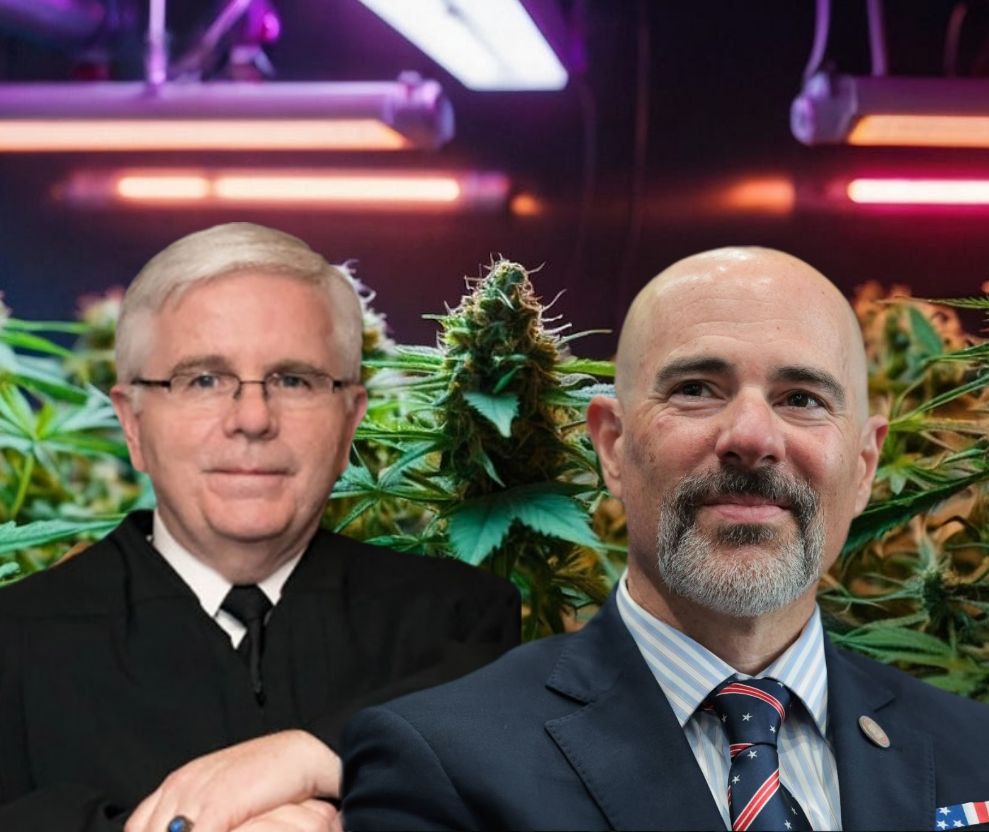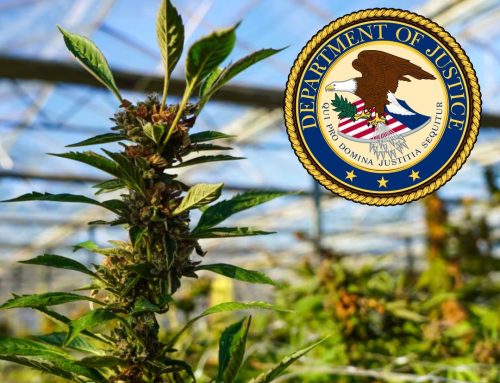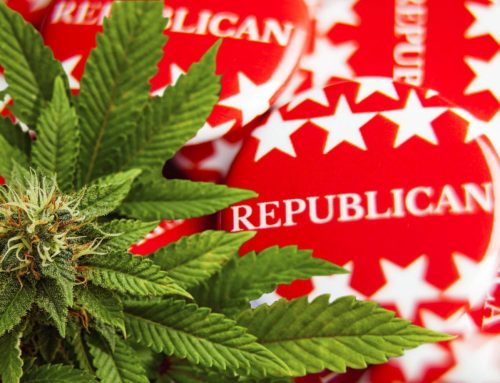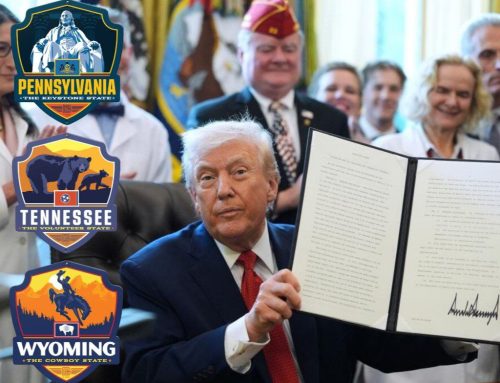Cannabis Rescheduling Hits Pause as DEA Shifts Gears
WASHINGTON, D.C. – The federal cannabis rescheduling saga, already a slow-burning drama, took a sharp turn this week as Chief Administrative Law Judge John J. Mulrooney announced his retirement, effective August 1, 2025.
The exit, coming just one day after the Senate confirmed Terrance Cole as the new Drug Enforcement Administration (DEA) administrator, has left the cannabis industry and reform advocates bracing for uncertainty. With no judge to oversee the stalled rescheduling hearings, the fate of moving cannabis from Schedule I to Schedule III now rests in the hands of Cole, a Trump appointee whose past comments on cannabis have sparked both hope and skepticism.
Mulrooney’s departure marks the end of a tenure defined by sharp critiques of the DEA’s procedural missteps. He didn’t hold back, calling out the agency for everything from “unprecedented and astonishing” defiance of federal directives to botched subpoenas in the rescheduling process. In January, he hit pause on the hearings after allegations surfaced that DEA officials improperly collaborated with anti-cannabis witnesses, casting doubts on the process’s fairness. His final notice was clear: all unresolved matters, including the contentious interlocutory appeal, are now Cole’s to handle… or ignore.
For cannabis businesses, patients, and researchers, the stakes couldn’t be higher. Rescheduling cannabis to Schedule III wouldn’t legalize it federally, but it would be a seismic shift. It would free state-legal cannabis businesses from crippling tax burdens under IRS code 280E, open doors for FDA-approved research, and signal a softening of the federal government’s hardline stance on cannabis. The Biden administration’s Department of Health and Human Services (HHS) recommended the move in 2022, citing cannabis’s “currently accepted medical use” and lower abuse potential compared to drugs like heroin or cocaine. Yet, the process has been mired in delays, with the DEA’s administrative machinery moving at a glacial pace.
Enter Terrance Cole, a 22-year DEA veteran whose confirmation on July 21, 2025, places him at the helm of this pivotal moment. Cole has vowed to make rescheduling a “top priority,” but his track record raises eyebrows. In 2024, he shared posts linking cannabis to youth suicide and autism, echoing the “Just Say No” ethos of the 1980s drug war. During his Senate confirmation hearing, he sidestepped direct questions about his commitment to Schedule III, saying he needed to “understand the science” and consult experts. “I’m not familiar exactly where we are, but it’s time to move forward,” he told Sen. Alex Padilla (D-Calif.), offering cautious optimism but no firm promises.
Advocates are watching closely. “Cole has a chance to follow the science and deliver reform that’s been decades in the making,” says Sarah Johnson, policy director at the National Cannabis Industry Association (NCIA). “But his past comments suggest he might lean toward prohibitionist instincts. We need transparency and action, not more delays.” The NCIA and others are urging Cole to set a briefing schedule for the stalled appeal and resume hearings promptly. Without a new administrative law judge to replace Mulrooney, Cole’s decisions, or indecision, will shape the timeline.
The broader political context adds heat to the moment. Bipartisan efforts, like the STATES Act and PREPARE Act, signal growing congressional support for ending federal prohibition. President Donald Trump voiced support for Schedule III during his 2024 campaign, but a House appropriations bill could block the Justice Department from funding rescheduling efforts, complicating the path forward. Meanwhile, patients and researchers continue to face DEA roadblocks in pursuing FDA-approved cannabis studies, underscoring the human cost of bureaucratic gridlock.
As the cannabis industry holds its breath, Cole faces a defining test. Will he steer the DEA toward a science-driven future, or will the rescheduling process remain stuck in the haze of politics? With the 2026 midterms looming and cannabis voters mobilizing, the new DEA chief’s next steps will be heard far from Washington. For now, the gavel is his, and the clock is ticking.




































